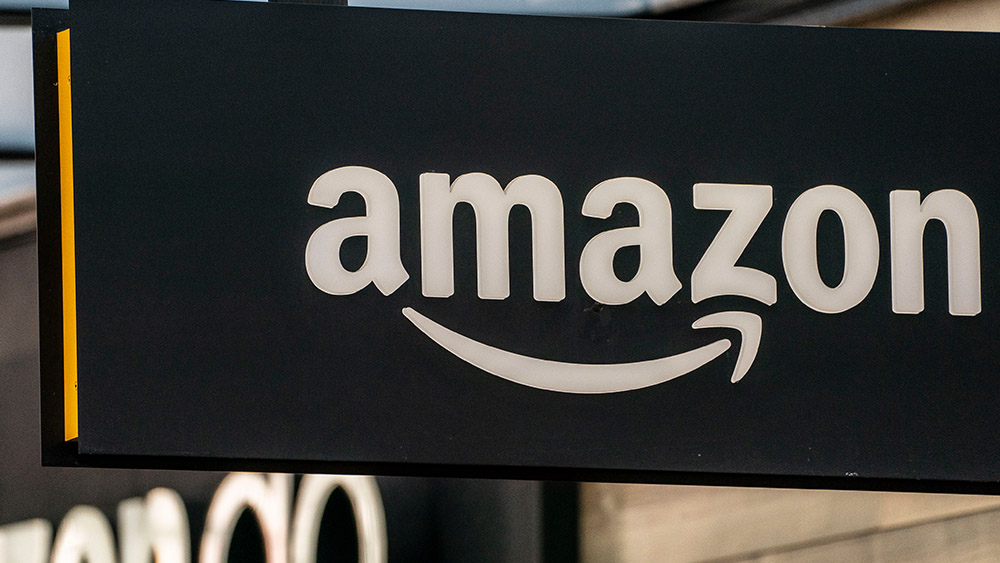- President Donald Trump’s 25 percent tariff on Chinese goods (now totaling 145 percent with existing duties) forces Amazon third-party sellers – 70 percent of whom rely on Chinese manufacturing – to either raise consumer prices or absorb unsustainable costs, threatening profitability.
- Small U.S. sellers like PrimaStella and Basic Fun face dire choices, as absorbing tariffs risks bankruptcy, while relocating production is costly or impractical due to China’s entrenched manufacturing dominance.
- Amazon CEO Andy Jassy predicts widespread price increases, though the company is mitigating impacts through inventory strategies. Sellers like Zest Tea (dependent on Chinese tea imports) have no alternative but to pass costs to consumers.
- The U.S. ended the $800 duty-free loophole (de minimis) to curb Chinese e-commerce giants (Temu, Shein) from bypassing tariffs and flooding the market with cheap goods, though Amazon may benefit from reduced competition.
- Officials justified closing de minimis by citing risks like counterfeit goods and drug smuggling in untracked small packages, with CBP processing over 1.3 billion such shipments in 2024.
President Donald Trump’s 25 percent tariffs on Chinese goods have sent shockwaves through a vast network of Amazon third-party sellers, many of whom rely heavily on Chinese manufacturing.
According to Wedbush Securities, up to 70 percent of goods sold on Amazon originate from China. Meaning, with tariffs on nearly all Chinese goods now at a staggering 145 percent, sellers face a painful dilemma: raise prices for consumers or absorb unsustainable costs.
Amazon CEO Andy Jassy stated that third-party sellers will likely raise prices to offset the tariffs, though the company has taken steps to mitigate the impact, including strategic inventory purchases and renegotiating supplier contracts.
But for many sellers, the math is grim. Dusty Kenney, a California-based entrepreneur who sells baby products under her PrimaStella brand, told CNBC that absorbing the tariffs could put her out of business.
“I will hold my prices for as long as I can, but I’m already competing against Chinese sellers who undercut me,” Kenney said. “The administration wants people to think this is only hurting China, but I’m a U.S. business – everything is warehoused, designed and photographed here.” (Related: Tariff war erupts as U.S.-China trade conflict drives order cancellations and economic deterioration.)
Meanwhile, some sellers are considering relocating production to avoid tariffs as shifting supply chains is easier said than done. Jay Foreman, CEO of Basic Fun, maker of iconic toys like Tonka Trucks and Care Bears, said China’s decades of investment in manufacturing infrastructure make it nearly impossible to replicate elsewhere.
“Whether you’re making a Tonka Truck or an iPhone, China has it figured out,” Foreman said. Some production has moved to Vietnam, Mexico and India, but many factories there are still Chinese-owned.
For products like tea, relocation is not an option at all. James Fayal of Zest Tea, which sources green tea from China and black tea from India, said he has no choice but to raise prices.
In short, small businesses admit that reshoring production remains financially out of reach as opening a U.S. factory would double or triple their costs.
De minimis rule enables Chinese sellers to flood U.S. market with cheap goods
Trump first suspended the exemption in February, but logistical chaos ensued as U.S. postal and customs offices struggled to handle the sudden influx of tariff-eligible packages. The loophole was temporarily reinstated, but on April 2, the White House announced its permanent end, effective May 2, citing improved systems to enforce tariffs.
Officials also pointed to security risks, alleging that Chinese sellers exploit the loophole to smuggle counterfeit goods, illegal drugs and synthetic opioids in small, untracked packages.
The de minimis rule allowed shipments valued under $800 to enter the U.S. duty-free, enabling Chinese sellers to flood the American market with ultra-cheap goods by shipping directly to consumers in small packages. U.S. Customs and Border Protection reported processing over 1.3 billion de minimis shipments in 2024, up from one billion in 2023.
Some Amazon sellers, especially on its China-based site Amazon Haul, were taking advantage of the de minimis rul. However, Dan Ives of Wedbush Securities claimed that ending de minimis could actually help Amazon by hurting rivals like Temu, Alibaba and Shein.
De minimis is a “loophole that’s been tugging at Amazon really for the last 18 months,” Ives said.
Head over to Trump.news for related news.
Trump should put the tariffs on immediately, expert says. Watch this video.
This video is from the NewsClips channel on Brighteon.com.
More related stories:
China prepares to resume trade talks with Trump amid tariff pressures.
China’s counter-tariff strategies: A new chapter in the U.S.-China trade war.
Trump’s new 50% tariff threat to China rattles markets as allies scramble for deals.
Sources include:
CNBC.com 1
CNBC.com 2
Read full article here


